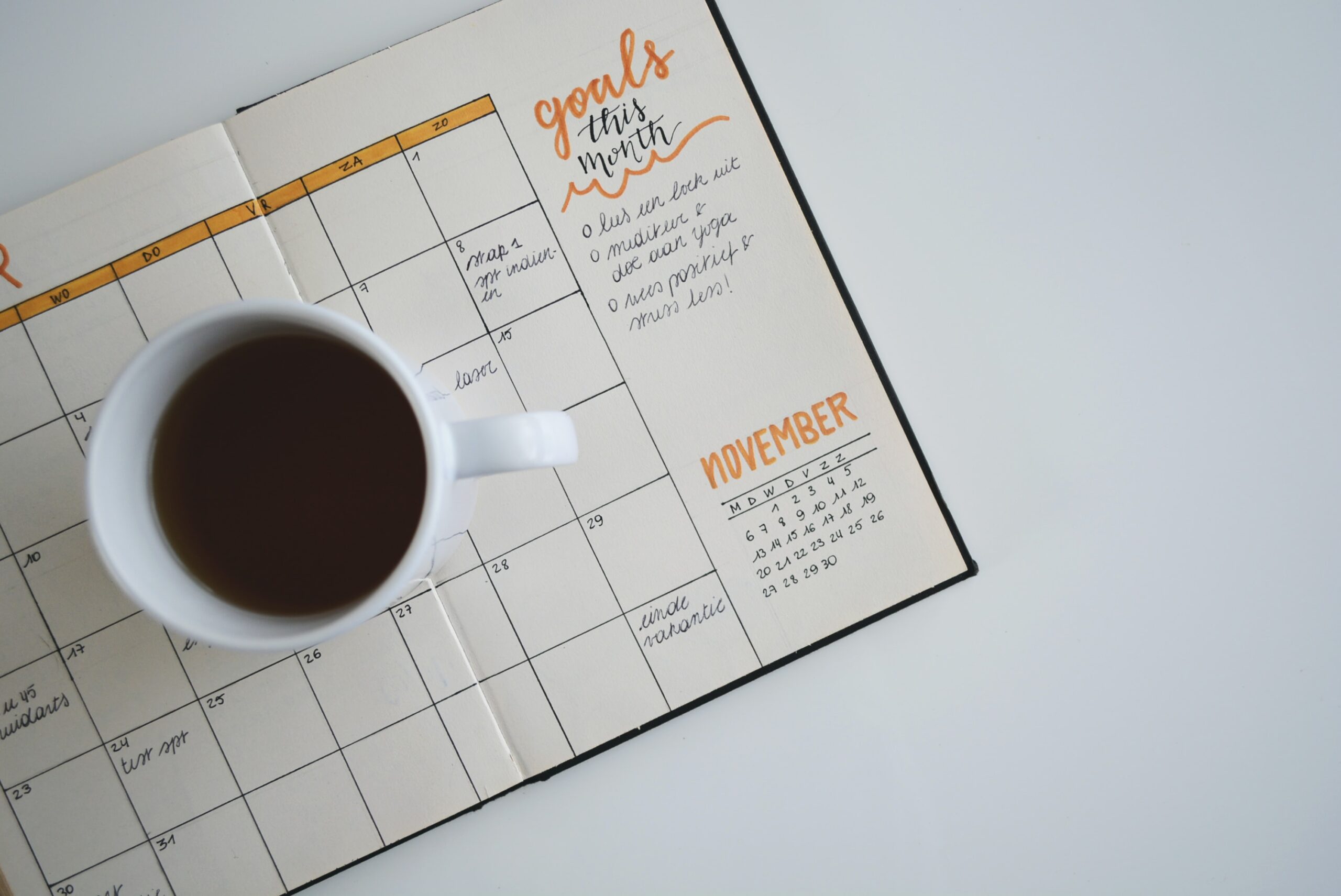When we think about addiction, there are a lot of feelings that get dredged up along with that single word. The social weight of that word is heavy still as the stigma persists. What’s more, is that the admission and commitment to sobriety so often feels far less than a celebration due to its accompanying isolation. Making the transition into sobriety means committing to some major life changes. And change is hard. Change is terrifying.
We should celebrate such a pivotal thing – committing to sobriety. Because changing your life in such a profound way is hard – regardless of the benefits. If you are walking that road to recovery, you are doing a very hard thing. Take a moment and revel in your triumph. You have started the journey. But it is more than that. It takes courage and perseverance. It takes patience and understanding from yourself and those around you. It takes a community. And it takes time.
“Anyone can give up; it is the easiest thing in the world to do. But to hold it together when everyone would expect you to fall apart, now that is true strength.” – Chris Bradford
With so many crucial elements in play to create these lasting life-changing outcomes, it may seem like the long road will forever remain out of reach. In fact, the prospect of the road ahead can become quite overwhelming. It can even lead to unfavorable thoughts crowding in and whispering words of futility. If this is where you are, if this is what you are feeling now, know that you are not alone. The big picture is not always the most useful perspective – especially in the first stages of your recovery.
You might not be ready to say things like “I will not drink again.” That’s okay. Honestly, creating goals that offer zero room for deviation is not very realistic. This kind of all-or-nothing language isn’t a useful way to frame your recovery. So think smaller. Think about what you can commit to.
Think of today – just today. And tomorrow, think of that day. This is where we start. These are our foundations upon which we can build the tools and the confidence to say ‘I will not’ for longer.
“Start where you are. Use what you have. Do what you can.” – Arthur Ashe
 Always remember that your goals – both long and short-term – should be specific, measurable, achievable, relevant, and time-bound – or SMART. Do you see how the statement cited above follows these parameters? It is quite specific and effectively time-bound, to be sure, but it also holds firm to that achievable aspect – this is the one that we often get hung up on.
Always remember that your goals – both long and short-term – should be specific, measurable, achievable, relevant, and time-bound – or SMART. Do you see how the statement cited above follows these parameters? It is quite specific and effectively time-bound, to be sure, but it also holds firm to that achievable aspect – this is the one that we often get hung up on.
Lofty goals can help us to dream big, but we still need real and specific ways to bridge the gap between where we currently are, to where we want to get to. The overarching goal of abstaining from addictive substances holds the torch for that ultimate achievement – but its lack of specificity makes it hard to feel accomplished with that single goal in mind as you work towards it in the moment.
“I think that the power is the principle. The principle of moving forward, as though you have the confidence to move forward, eventually gives you confidence when you look back and see what you’ve done.” – Robert Downey Jr.
One method of creating achievable goals to embrace long-term recovery is to write out some of your loftier goals, and then work backwards to where you currently are.
What are the SMART goals that will allow you to bridge the gap?
Consider some of these other smaller goals as stepping stones to achieving your long-term recovery outcome.
- I will find a mentor within ____ amount of time
- I will begin treatment within the next ___ days
- I will attend at least one recovery-related service each week
- I will take a different route home to avoid driving past triggering or habitual locations
- I will reach out each week to someone in my support network
- I will start weekly therapy sessions by this time next week
- I will spend a half an hour doing a craft or activity I enjoy every day
- I will ask my friend to help me stay accountable before a social gathering this month
Some of these examples are sure to shake things up. We are creatures of habit and changing our routines can feel like a stress addition rather than a means of maintaining sobriety. But breaking away from old routines that included your addiction will make things easier in the long run.
“The ultimate measure of a man is not where he stands in moments of comfort and convenience but where he stands at times of challenge and controversy.” – Dr. Martin Luther King Jr.
One of the best methods to teach people how to meaningfully re-engage with their community throughout addiction recovery is via effective treatment and a safe, supportive environment, which focuses on helping to create sustainable, healthy situations that support their recovery journey. Ready to learn more about Recovery Community Development? Read about RCD’s mission and vision here.
Interested in helping RCD with their mission to create opportunities for safe, affordable sober housing? Donate Today!
